What Police See When They Run Your Name Revealed
Did you know that when police officers run your name through their databases, they have access to a wealth of information about you and your background? From your license plate number to your criminal records, outstanding warrants, and even any association with recent crimes, running your name allows law enforcement to gather essential information that helps them catch criminals, ensure public safety, and enforce traffic laws.
So, what exactly do the police see when they run your name? Let’s explore the details of what information is available to them and how it is used to maintain law and order in our society.
Key Takeaways:
- Police officers have access to a range of information about individuals when they run their name through databases.
- This information includes license plate numbers, vehicle registration details, criminal records, outstanding warrants, and associations with recent crimes.
- License plate scanning technology and optical character recognition (OCR) play a crucial role in gathering information about vehicles and their owners.
- Running license plates helps identify stolen vehicles, locate suspects, enforce traffic violations, and aid in criminal investigations.
- While individuals have rights during street checks, lawful license plate checks are essential for maintaining public safety and protecting privacy rights.
License Plate Scanning: What You Need to Know
License plate scanning is a revolutionary technology used by law enforcement agencies to enhance their investigative capabilities and ensure public safety. With the help of cutting-edge optical character recognition (OCR) technology and advanced camera systems, police officers can efficiently scan and read license plate numbers on vehicles.
The process begins with the scanning system capturing high-resolution images of license plates. The OCR technology then comes into play, analyzing the images and recognizing the alphanumeric characters on the plates. This automated process significantly speeds up the identification process and reduces the margin for human error in recording license plate numbers.
The scanned license plate numbers are then cross-referenced with various databases, including police databases, vehicle registration records, and criminal records. This cross-referencing enables the police to quickly access relevant information about the vehicle and its owner, such as vehicle registration details and any associations with criminal activities.
License plate scanning technology offers numerous advantages for law enforcement. It allows police officers to:
- Easily identify stolen vehicles by comparing scanned license plates with stolen vehicle records.
- Locate suspects or individuals associated with ongoing investigations.
- Enforce traffic laws by identifying vehicles with outstanding violations.
- Improve response times in emergency situations by quickly identifying vehicles registered to individuals with specific medical conditions or criminal histories.
Furthermore, the implementation of license plate scanning technology has resulted in a significant increase in the recovery of stolen vehicles and the apprehension of criminals. It has also proven to be an effective deterrent for individuals engaged in illegal activities.
Example table: Vehicles Recovered and Criminals Apprehended
| City | Vehicles Recovered | Criminals Apprehended |
|---|---|---|
| Toronto | 356 | 112 |
| Vancouver | 245 | 87 |
| Montreal | 179 | 64 |
| Calgary | 210 | 71 |
As license plate scanning technology becomes more prevalent in law enforcement, it is vital for individuals to understand its purpose and implications. By providing law enforcement with accurate and up-to-date information, license plate scanning contributes to maintaining public safety and the swift resolution of criminal activities.
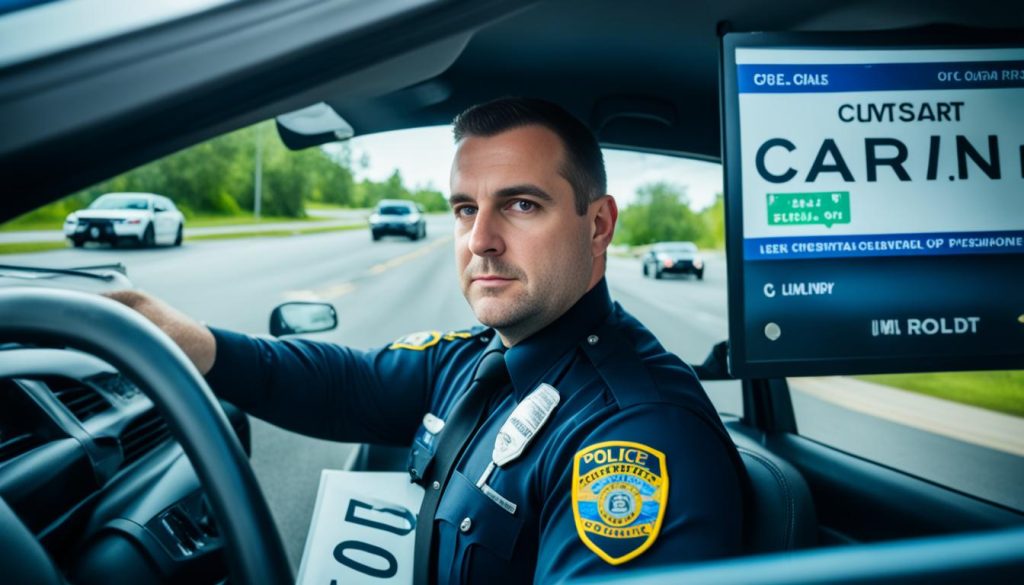
Information Obtained from License Plate Checks
When a police officer runs your license plate, they have access to a wealth of information about your vehicle and its owner. This includes details such as your license plate number, vehicle registration details, and owner information.
Additionally, the police can check criminal databases to see if the vehicle is stolen or if the owner has a criminal record. They can also find out if the driver has any outstanding warrants or if the vehicle is associated with any recent crimes. All of this information plays a crucial role in helping law enforcement officers catch criminals, ensure public safety, and enforce the law.
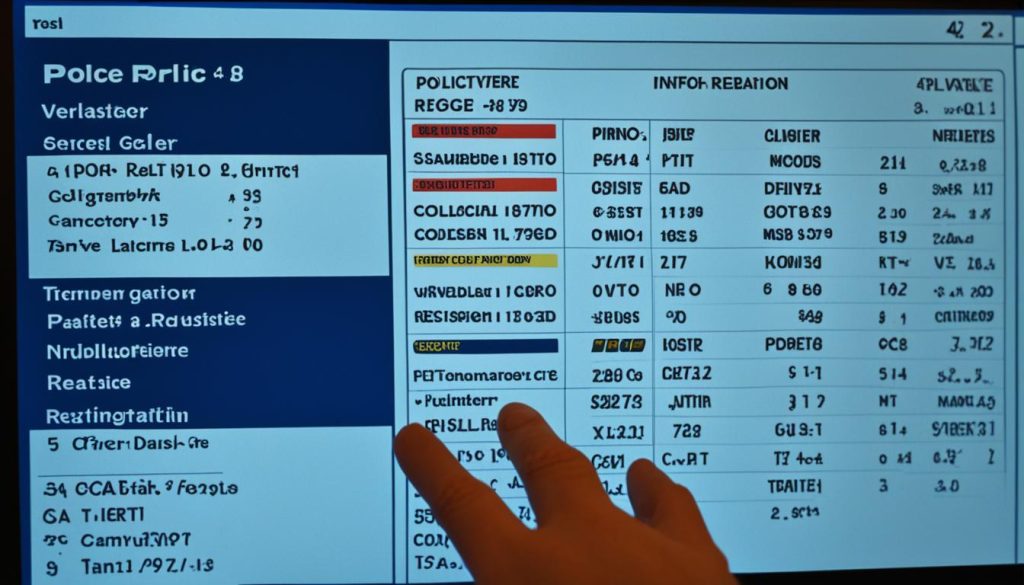
Purpose of Running License Plates
When it comes to running license plates, law enforcement officers have specific objectives in mind. By retrieving information associated with a vehicle’s license plate, they aim to achieve several important goals:
- Verify Vehicle Registration: Running license plates helps officers confirm whether a vehicle is properly registered. This information enables them to ensure compliance with the law and identify any cases of unauthorized or fraudulent vehicle operation.
- Detect Stolen Vehicles: License plate checks allow police to quickly identify stolen vehicles. By cross-referencing the license plate numbers with national databases, officers can promptly locate and recover stolen cars, deterring further criminal activity.
- Identify Outstanding Warrants: Running license plates helps officers determine if the vehicle’s registered owner or occupants have any outstanding warrants. This information enables the police to take appropriate action in accordance with the law and apprehend individuals with active warrants.
- Address Citations and Traffic Violations: License plate checks help law enforcement agencies enforce traffic laws by identifying vehicles associated with outstanding citations or traffic violations. Officers can take appropriate action based on this information, such as issuing additional citations or initiating traffic stops.
Overall, running license plates plays a crucial role in maintaining public safety, preventing crime, and ensuring the enforcement of traffic laws. It allows law enforcement officers to gather essential information promptly and make informed decisions while carrying out their duties.
Common Reasons for License Plate Checks
Running license plate checks is a routine procedure for law enforcement officers, serving various purposes that contribute to public safety and criminal investigations. Let’s explore the common reasons why license plates are checked:
- To identify stolen vehicles:
- To check for outstanding warrants:
- In hit-and-run cases:
- For criminal investigations:
One of the primary reasons for running a license plate check is to determine if a vehicle has been reported as stolen. Law enforcement agencies maintain a national database where stolen vehicle information, including license plate details, is logged. By cross-referencing the license plate number with this database, police officers can swiftly identify stolen vehicles and take the necessary actions to recover them.
License plate checks also help authorities locate individuals with outstanding warrants or unpaid fines. When a vehicle is associated with an owner who has a warrant for their arrest, police officers can initiate the appropriate legal proceedings to ensure the warrant is executed, safeguarding public safety.
License plates play a crucial role in hit-and-run investigations. When a hit-and-run incident occurs, witnesses often provide the license plate number of the fleeing vehicle. Authorities can run the license plate through their system to identify the owner, gather further information, and facilitate a comprehensive investigation into the incident.
License plate checks are invaluable in criminal investigations. By tracing the license plate number connected to a crime scene, law enforcement agencies can potentially identify the owner of the vehicle and gather essential evidence to aid in solving the case. License plate data serves as a valuable starting point for detectives and can provide critical leads in bringing perpetrators to justice.
Running license plate checks is an integral part of law enforcement’s duty to ensure public safety and maintain the integrity of our communities. By leveraging license plate information, officers can swiftly identify stolen vehicles, locate individuals with outstanding warrants, investigate hit-and-runs, and gather evidence for criminal investigations.
| Reason for License Plate Check | Description |
|---|---|
| Identify Stolen Vehicles | Check if a vehicle has been reported as stolen |
| Check for Outstanding Warrants | Verify if the vehicle owner has any outstanding warrants or unpaid fines |
| Hit-and-Run Cases | Investigate incidents involving vehicles that fled the scene after causing harm |
| Criminal Investigations | Collect essential evidence and identify potential suspects in criminal cases |
Accessing Information Through Street Checks
When police officers conduct street checks, they may ask for identification or ask questions to gather information about individuals. While in most cases, individuals are not required to provide identification or answer questions during a street check, there are specific situations, such as when driving or cycling, where providing identification is mandatory as per the law.
The police use this information to ensure public safety, investigate crimes, and gather general information in the community.
During a street check, the police may request identification from individuals to verify their identity and gather relevant information. This could include asking for a driver’s license, health card, or any other government-issued identification document.
By accessing the police database and verifying identification, law enforcement officers can determine if an individual has any outstanding warrants, criminal records, or any connection to ongoing investigations. This information is vital in maintaining public safety and preventing potential crimes.
It is important to note that street checks are conducted to gather information about individuals and ensure public safety, rather than to target individuals based on personal characteristics or discriminatory factors. The aim is to build trust and create a safer environment for everyone in the community.
| What Can Be Checked During a Street Check? | Why Is This Information Checked? |
|---|---|
| Identification documents | To verify the identity of individuals and gather relevant information |
| Outstanding warrants | To determine if an individual is wanted by the police for any reason |
| Criminal records | To assess an individual’s criminal history and determine potential risks |
| Connection to ongoing investigations | To gather information and identify any potential involvement in criminal activities |
Rules and Rights During Street Checks
When it comes to street checks, there are important rules that police officers must follow to ensure the protection of your rights. Starting from January 2017, police officers are required to inform individuals about the reason for requesting identification. It is crucial for you to know that you have the right to refuse showing your ID or providing your name and date of birth.
The police must have a valid reason for asking for identification and are strictly prohibited from doing so based on factors like race or being in a high-crime area. If you choose not to provide your ID or personal information during a street check, remember that you cannot be detained by the police.
To further protect your rights and maintain transparency, the police must provide you with a receipt. This receipt should include essential information such as the officer’s name, badge number, and contact information for making complaints. Additionally, the receipt should guide you on how to access the information the police have about you.
By adhering to these street check rules, you can ensure that your rights are respected while still maintaining a safe and secure community.
Importance of Lawful License Plate Checks
Law enforcement agencies rely on lawful license plate checks as a crucial tool to ensure public safety, enforce traffic laws, and respond effectively to emergencies. By conducting license plate checks, police officers gain access to accurate and relevant information that enables them to make informed decisions during traffic stops, investigations, and emergency situations.
These checks play a vital role in maintaining public safety by helping officers identify stolen vehicles, locate suspects, and enforce traffic violations. By cross-referencing the license plate information with databases containing vehicle registration details, criminal records, and outstanding warrants, law enforcement officers are able to conduct comprehensive background checks for the safety and security of the community.
While it is essential to utilize license plate checks for the benefit of public safety, it is equally important to respect individuals’ privacy rights. Striking the right balance between maintaining law and order and protecting privacy is a top priority. By following traffic laws, ensuring vehicles are properly registered, and resolving any legal issues promptly, individuals can contribute to a safer society while protecting their privacy rights.
- Canada Arrest Protocol: What Police Say Upon Arrest - June 12, 2025
- Can Police Disclose Who Reported You? Find Out Here - June 6, 2025
- 2025 Window Rebates Ontario: How to Save Money While Replacing Windows and Doors - April 24, 2025
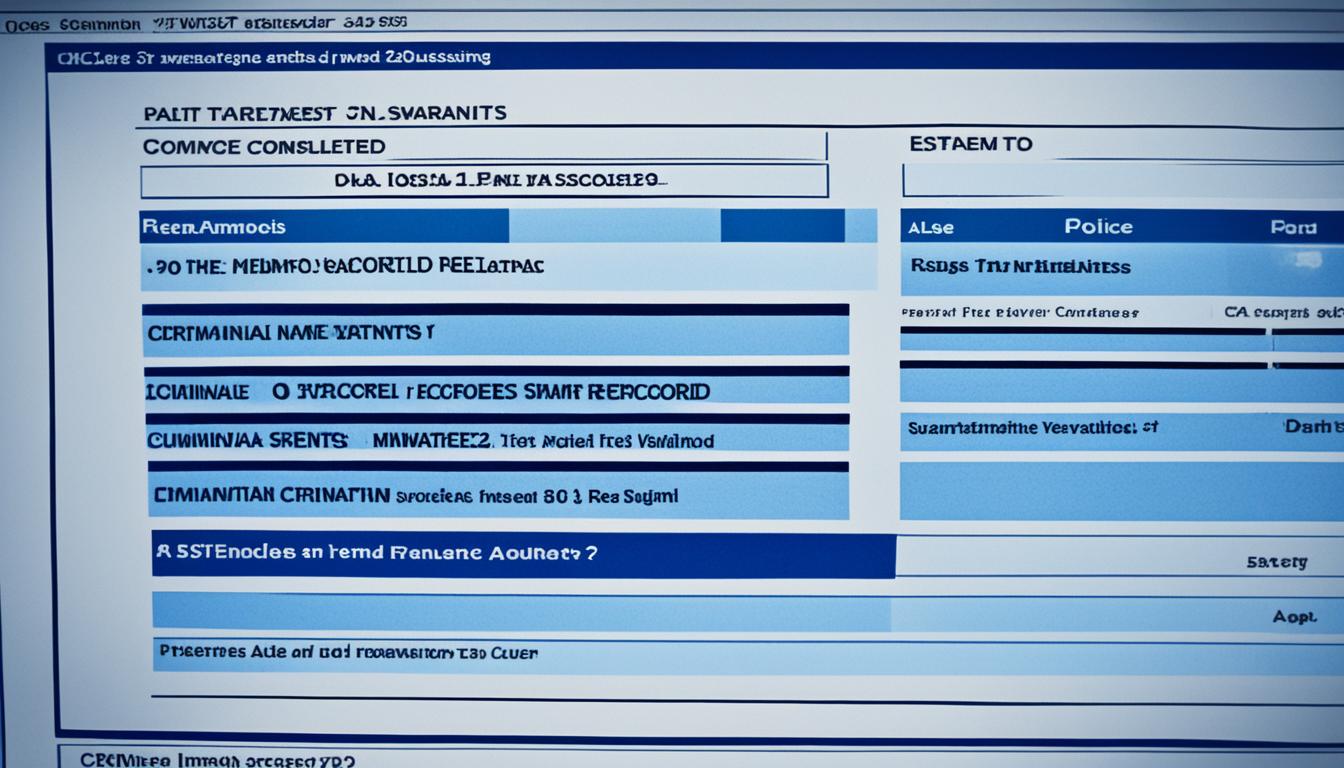
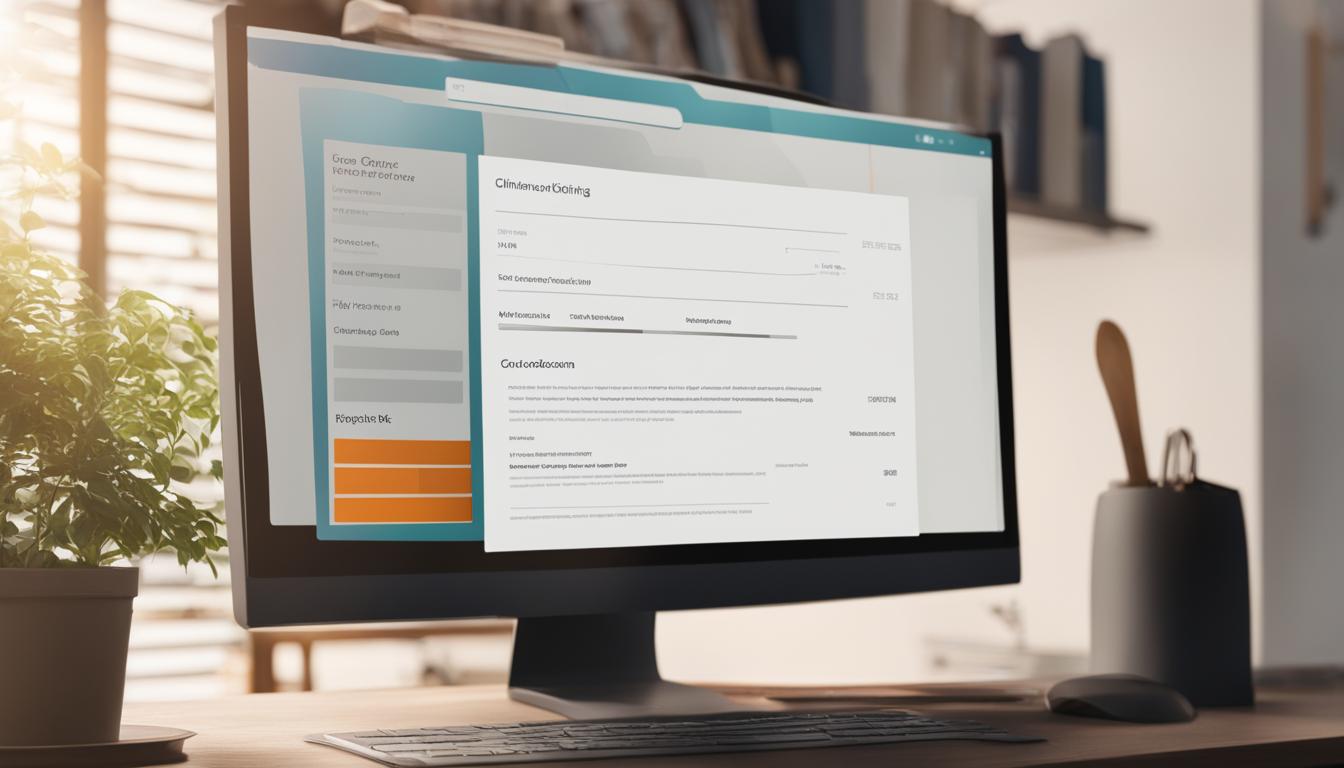
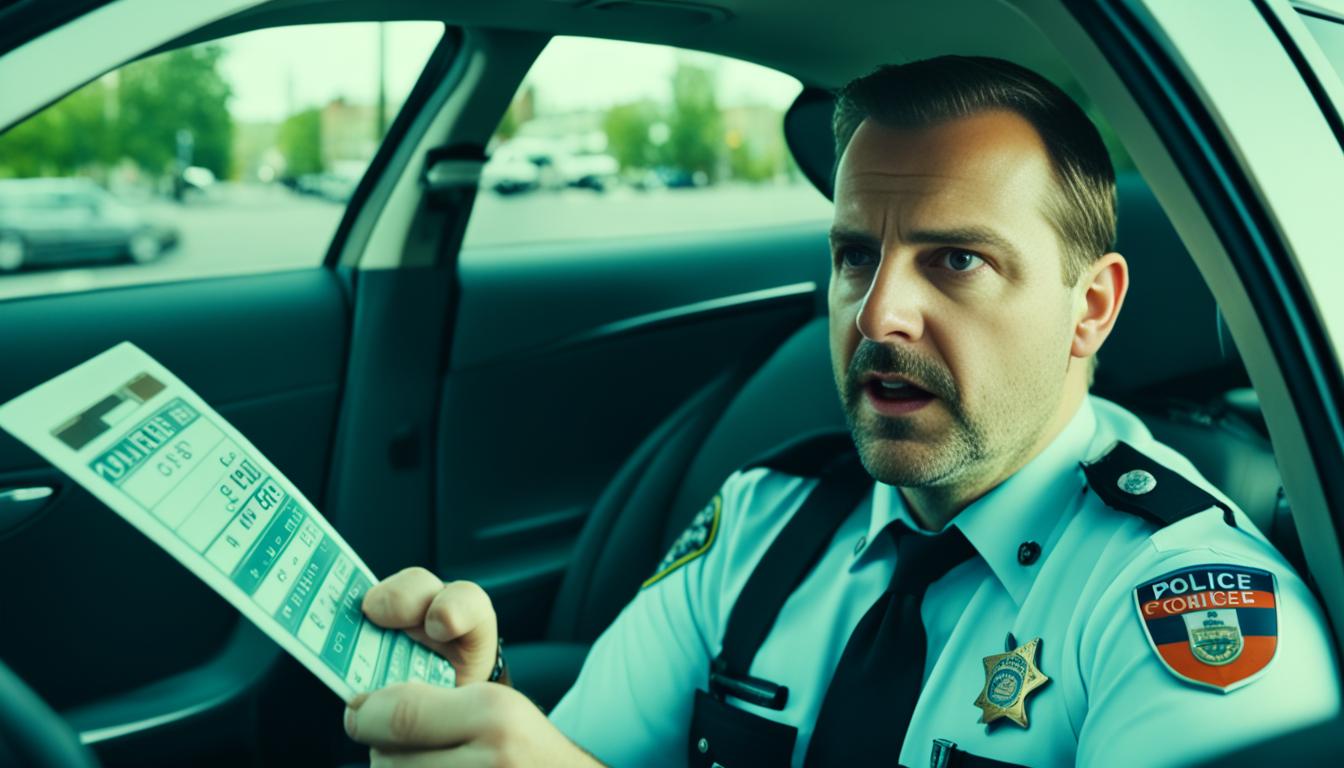
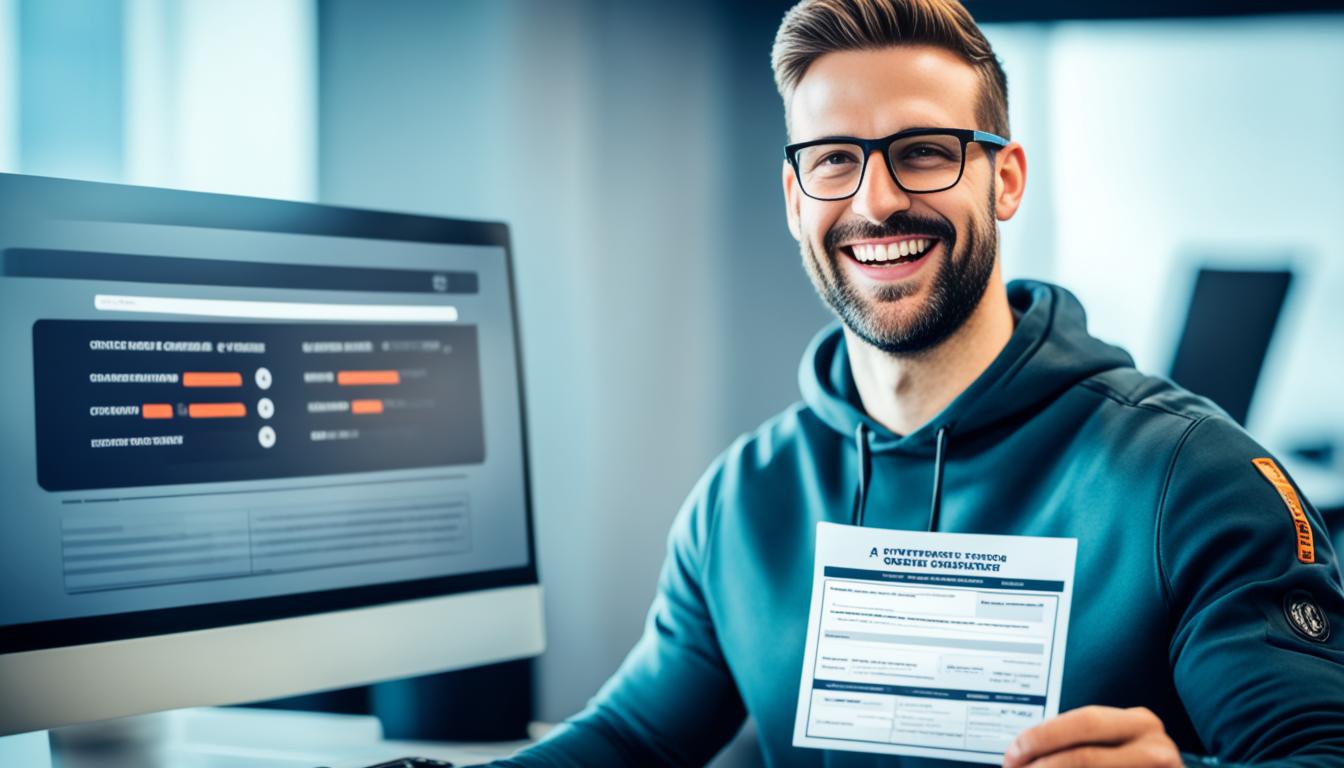
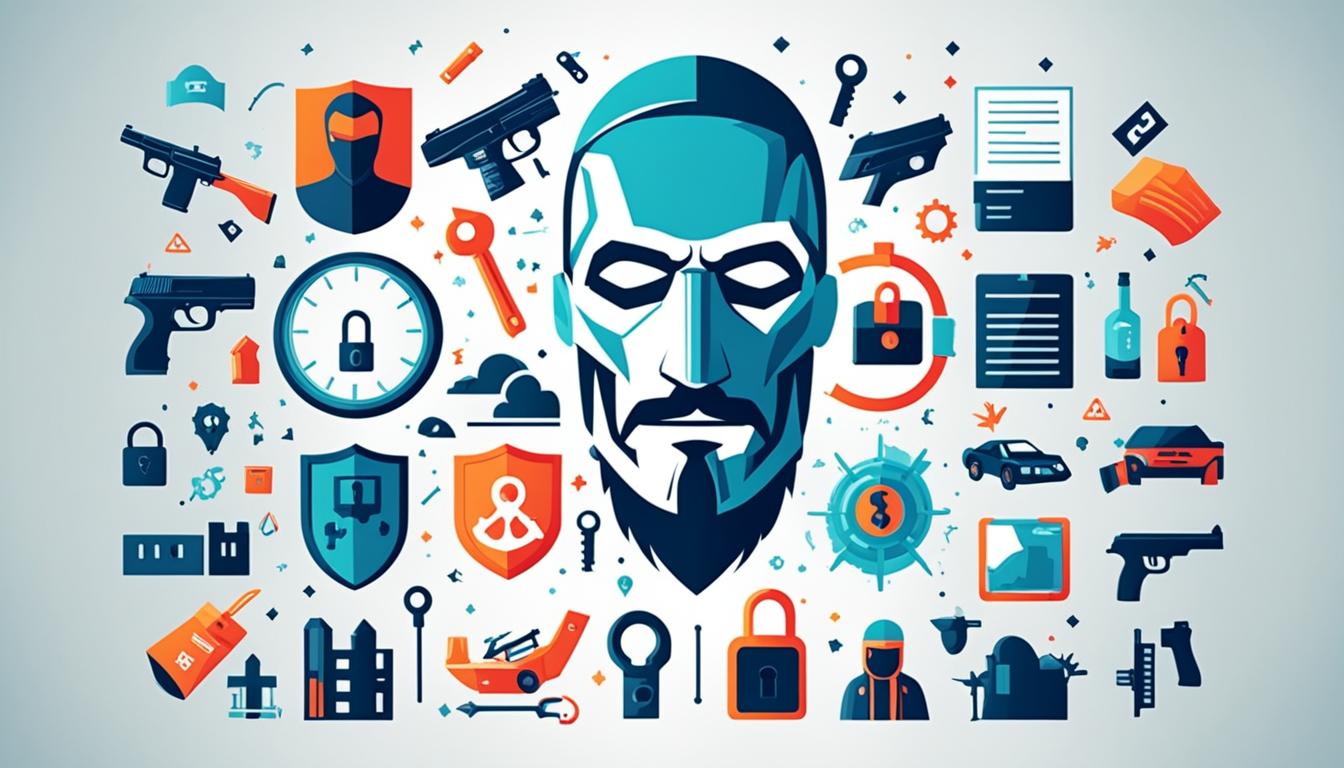

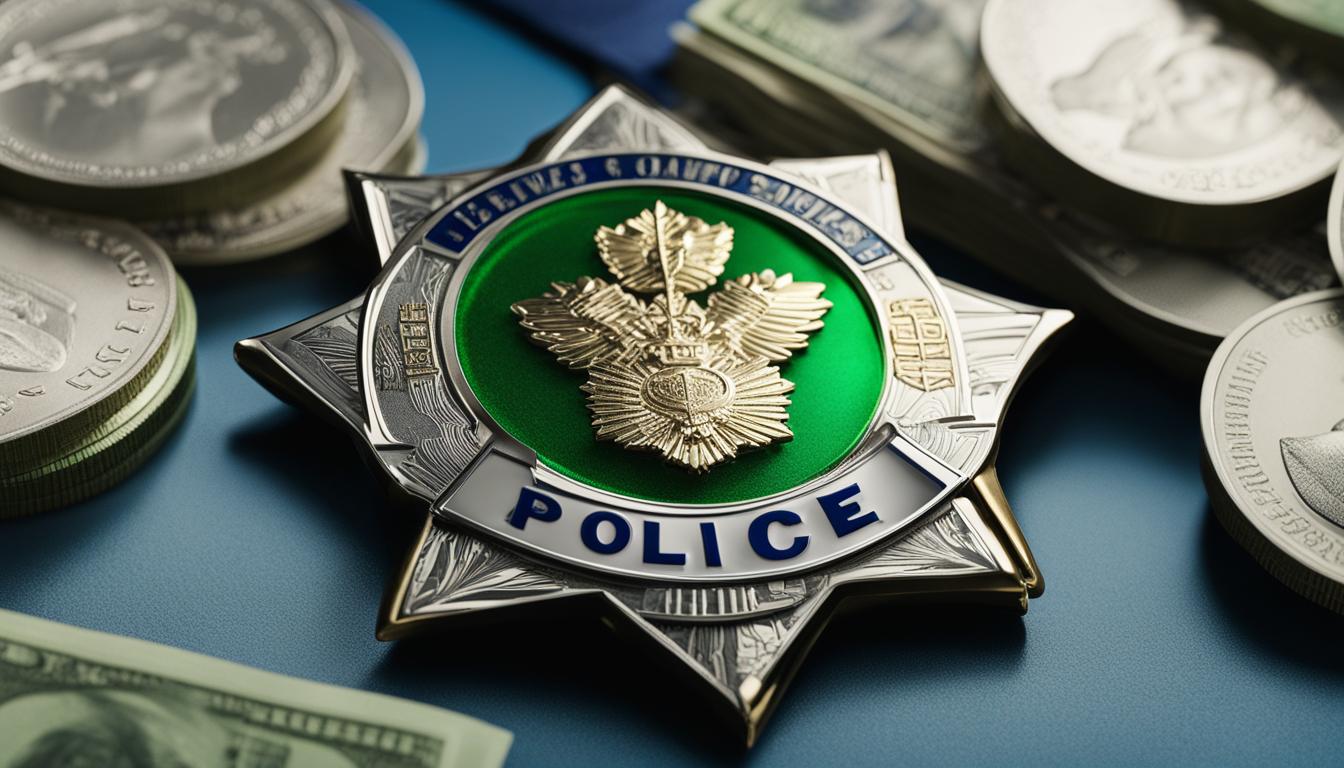

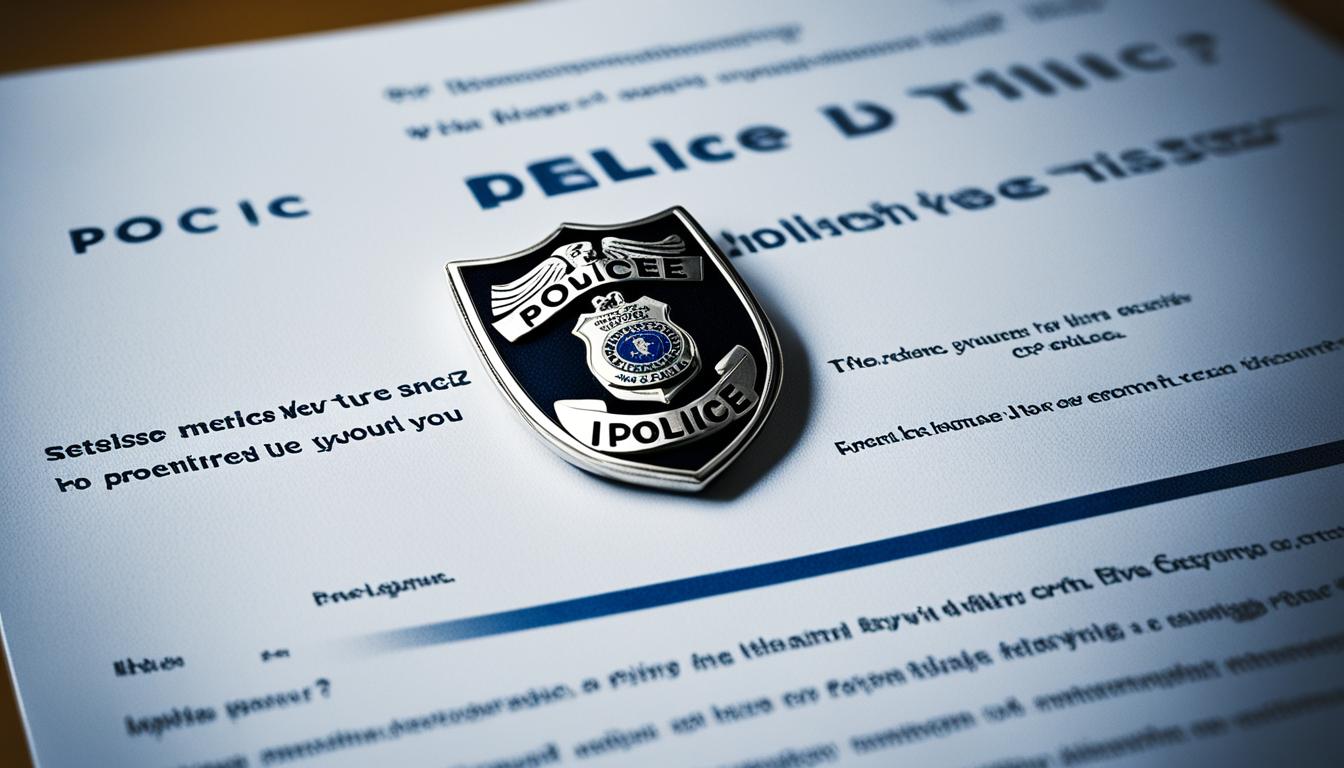











Post Comment